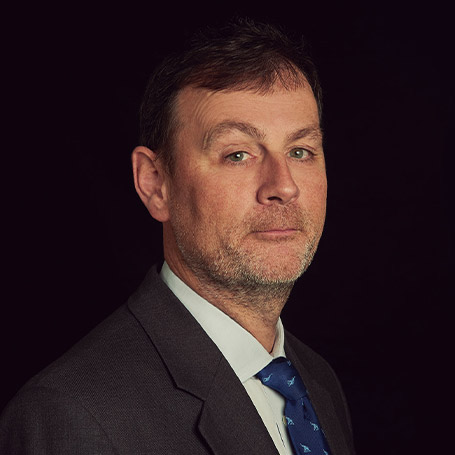
The UN Special Rapporteur on Human Rights has been pressing the US, UK and other UN Member States to investigate if officials took part in human rights violations when combatting terrorism following the 9/11 attacks on the World Trade Centre.
Speaking at a public debate last week the UN Special Rapporteur on Human Rights and Fundamental Freedoms while countering terrorism, Ben Emmerson QC, said there is credible evidence that officials from 49 Member States assisted the Bush-era CIA with its programme of “extraordinary rendition” and “enhanced interrogation” of terrorist suspects. That programme has since been prohibited by President Obama’s administration.
In a panel of speakers which included former Guantanamo prisoner Omar Deghayes, Mr Emmerson QC argued that officials involved in human rights abuses should not be protected from legal action by victims and their families.
Earlier this year the Special Rapporteur criticised UN Member States for failing to allow courts to access classified evidence and prosecute officials for their role in the abduction, detention and torture of 9/11 terrorist suspects.
In a UN Report addressed to the UN Human Rights Council Mr Emmerson QC pointed out with “obvious regret” that only one State has so far brought public officials to justice for their role in the CIA’s programme. In 2009 the Milan Criminal Court convicted 22 CIA agents in absentia and sentenced the former Director of Italian Military Intelligence for their role in the abduction and rendition of Hassan Mustafa Osama Nasr, an Italian-Egyptian citizen in 2003. Mr Nasr had been detained in Cairo for 14 months where he had been repeatedly tortured.
The UN Report argued that torture victims and their families have rights under international law to know the truth about their case, including knowing the identity of those involved and possibly the decision process which lead to the violations in question.
This “right to truth” was recognised by the European Court of Human Rights last year in the case of El Masri v. Macedonia. The case was brought by a German citizen who had been arrested in Macedonia and then rendered to Afghanistan where he was beaten and tortured, before being abandoned on a roadside in Albania. The Court observed that the right to truth extended not only to victims and their families but also to the general public. Effective investigations were held to be essential in maintaining public confidence and “preventing any appearance of…tolerance of the unlawful acts.”
The Special Rapporteur has found that the overwhelming majority of UN member states have failed to comply with these standards of international law. Executive government authorities have been instead found to use “various means” to interfere with judicial investigations in cases where violations have been alleged in counter-terrorism.
The Report particularly takes issue with “unjustified” claims by governments that handing over classified information to investigators would harm public security or good foreign relations. The judiciary were said to show “undue deference” to governments on this issue, which leads to key facts of the violations being withheld “often on the basis of highly dubious legal reasoning.”
The UK government has relied on claims of national security and good foreign relations to withhold classified documents in several post-9/11 cases. These resulted in the government agreeing to pay large sums in damages rather than disclosing the material. The Special Rapporteur however argues it is not enough under international law for States to pay compensation without public disclosure of the truth.
The UN Report warns that unless the judiciary challenges this approach a “blanket of official impunity” would be allowed to prevent official crimes from being scrutinised “on the pretext of defending state security”.
Instead the Report argues that allegations of State-authorised human rights violations “must be subjected to penetrating scrutiny” by an independent judicial or semi-judicial body. Critically the Special Rapporteur recommends that an independent body should decide whether evidence can be withheld on national security grounds, rather than executive governments. There should be a “strong presumption in favour of disclosure.”
The recommendations adopted by the Special Rapporteur in his Report are non-binding on Member States but ought to be highly influential.
Both the UK and US governments have commissioned internal investigations into the abuses stemming from the CIA’s counter-terrorism programme, although the UK abandoned its own inquiry last year. The UK inquiry- conducted by Sir Peter Gibson- had been widely condemned by victims and human rights groups as lacking independence.
At last week’s debate however the Special Rapporteur said that UK officials may have been alarmed by the frank results of the Gibson inquiry, which are set out in an interim report. That report remains confidential however Mr Emmerson QC believed that mounting public pressure means that the UK government “cannot hold onto it for much longer”.
By Cameron Doley and Omar Naqib


